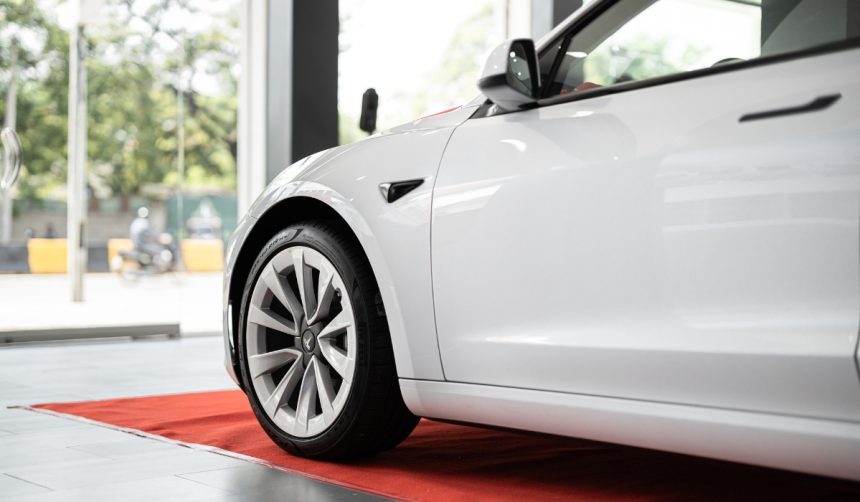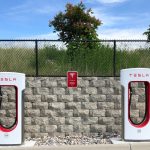Social media users witnessed an unexpected twist as Tesla tapped into the ongoing debate around American Eagle’s new advertisement featuring Sydney Sweeney. Taking a lighthearted approach, Tesla referenced the viral “good jeans” narrative from the ad to highlight its own in-house seat testing, cleverly blending humor and brand marketing. While many companies might shy away from fringe internet controversies, Tesla used the situation as an informal reminder of its unique manufacturing and quality control processes. The engaging online response stirred curiosity about the automaker’s seat durability even as discussions around American Eagle’s campaign continued to spark divided opinions across digital platforms.
Media coverage surrounding Tesla’s seat production has often focused on the company’s control over quality assurance, with factory tours and social posts occasionally offering glimpses into the Fremont-based operations. The latest post, however, marks a shift from technical explanations to a more tongue-in-cheek digital engagement, contrasting with previous, more straightforward presentations. Public reactions are more pronounced this time given the intersection with trending pop culture topics, drawing in both automotive enthusiasts and wider audiences tracking the American Eagle controversy.
How Did Tesla’s Social Media Play Out?
Tesla’s social media team directly acknowledged the viral moment by tweeting that their “seats robot also has great jeans,” a pun that simultaneously references Sydney Sweeney’s ad and highlights their seat testing technology. The post, accompanied by a short video of the quality control robot, drew a mix of amusement and surprise online. By naming the robot “Sydney Seatney,” Tesla ensured the post aligned with the widespread conversation, encouraging further engagement.
Our seats robot also has great jeans.
What Is Unique About Tesla’s Seat Quality Control?
Unlike many automotive competitors, Tesla manages its seat construction and testing internally. The seats are produced at a dedicated facility near the main Fremont Factory, benefiting from specialized oversight throughout the manufacturing process. The use of proprietary robots to simulate long-term wear scenarios is a critical feature of Tesla’s quality assurance program, and the video shared by Tesla—originally recorded in 2019—illustrates the practical implementation of these testing standards. Such transparency offers consumers clear insights into the durability considerations taken before vehicles reach customers.
The robot and machine used in this testing phase simulate long-term use.
Does Linking with Pop Culture Impact Tesla’s Strategy?
Connecting with a pop culture trend has allowed Tesla to reinforce its brand voice beyond technical circles. The playful tone appeals to a broader audience, leveraging current events to maintain relevance and propose its manufacturing quality as a conversation starter. While some observers question whether this draws appropriate attention to product quality, Tesla’s engagement model prioritizes informal, relatable communication that often results in heightened social media reach. The decision to reference a global ad controversy suggests increasing synergy between Tesla’s marketing ambitions and cultural trends.
Tesla’s approach to linking a lighthearted cultural moment with a technical showcase exemplifies effective modern marketing. By drawing attention to its in-house seat testing via humor, Tesla provides transparency around manufacturing standards while boosting its online presence in wider public dialogue. For readers seeking to understand how automotive brands handle quality control, this episode underlines the significance of controlled testing environments and the value of engaging storytelling in building consumer trust. Those interested in product longevity should also consider asking manufacturers actionable questions about in-house versus third-party testing, as this often influences both quality outcomes and repair experiences over time.










